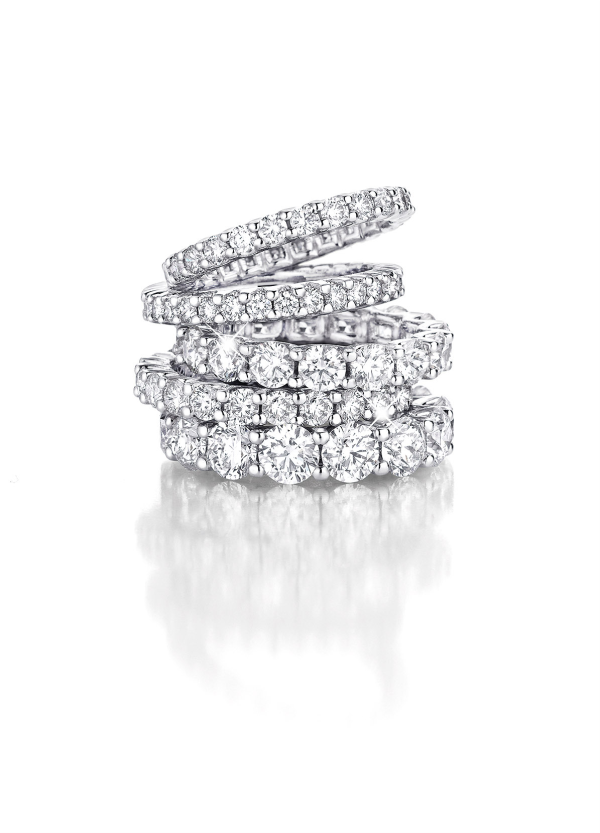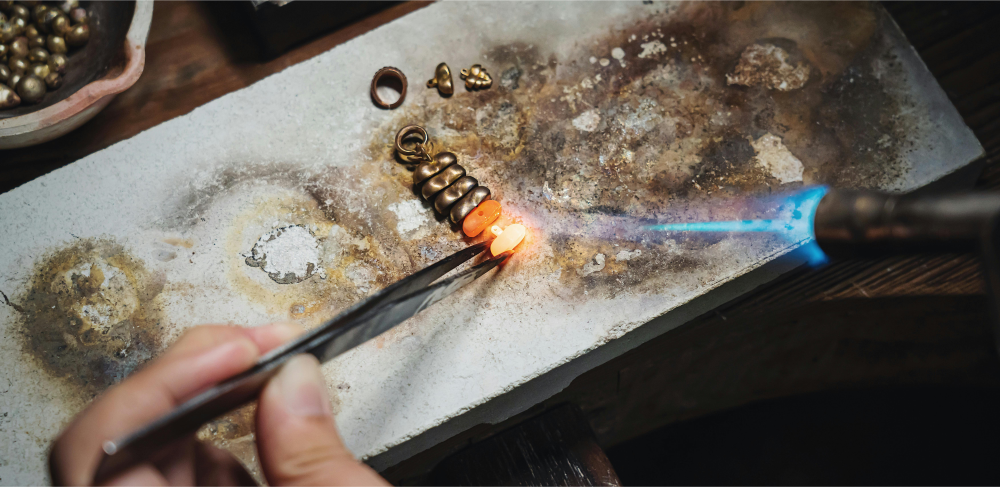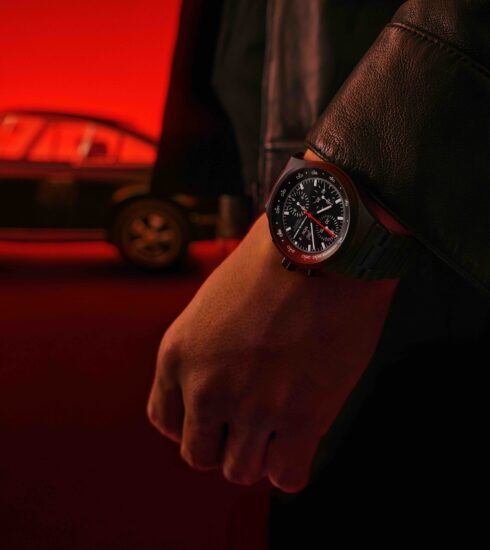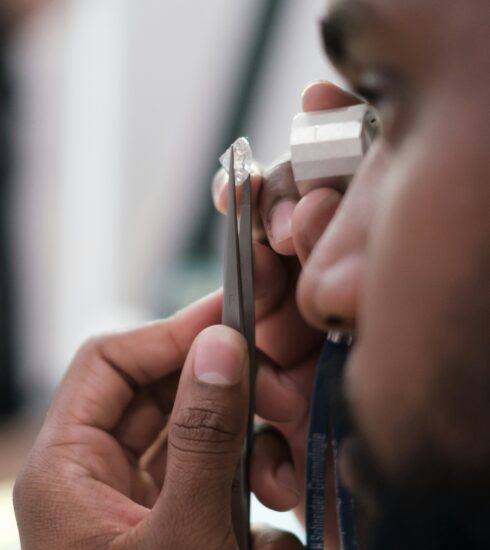Luxury today - between meaning, individuality and values
Luxury today - between meaning, individuality and values
The name INSIGHT LUXURY is no coincidence – and not an empty promise either. Firstly, because for us (almost) everything belongs to the world of luxury goods. Secondly – and this is even more important – because we like to look behind the scenes: What is luxury really? What does it mean for different people, brands, and markets?
So let’s approach the topic from all possible perspectives, examine it, and begin by attempting a definition:
Luxury begins where meaning arises
Luxury is often perceived as something you don't actually need. In the watch and jewelry industry, they like to sum it up like this: “We only sell things nobody needs.” If you consider luxury solely from the perspective of the necessities of life, this is probably true.
But luxury is much more than that; it manifests itself in many forms—not just material goods. A free afternoon, undisturbed leisure, a special experience, or the feeling of freedom: all of these can be perceived as luxury.
Nevertheless, luxury is often equated with status—especially when it comes to expensive items, including watches or jewelry, that can be visibly displayed. This, too, is an aspect of luxury that isn't wrong, but it's only part of the picture.
From individual piece to label – and back
Historically, luxury was something only a few could afford: custom-made items, masterful craftsmanship, rare materials. Uniqueness was what defined luxury—not the logo, but the story behind it. And yes, it was therefore also an expression of social standing—of status.
It was only in the course of the 20th century—with the rise of major luxury brands and the ability to produce luxury products in larger quantities—that this aspiration was transferred to parts of the consumer world. Luxury became reproducible, recognizable, and "available." But precisely in an age where everything is constantly available and in a world characterized by speed, abundance, and superficiality, the deeper meaning of luxury is regaining importance.
Why real luxury has less to do with possessions and more to do with personality
Today, luxury seems to be becoming a conscious alternative to the masses for many. It's about personal relevance rather than public recognition, about expression rather than separation.
Today, luxury is no longer just something one can possess—it is something that is meaningful. Especially for a younger, value-conscious audience, luxury is an expression of personality, attitude, and aspiration—no longer necessarily of status in the traditional sense. Yet this seemingly modern concept of luxury is, in fact, a return to old values: Luxury has always been closely linked to individuality.

Perhaps the most classic example of meaning and relevance: the eternity ring.
The original idea was to add another diamond to the ring for each personally meaningful event. This way, each stone holds a special memory for the wearer, and the ring tells a very personal story. The natural diamonds, set in gold or platinum by a goldsmith, emphasize the value of these individual experiences.
(left: Essentials rings by Noor)
Individuality instead of insignia
For many, especially the younger generations, luxury currently means one thing above all: uniqueness. What matters is not the obvious brand logo, but the personal story an object tells. A custom-designed ring, a rare vintage piece, or a bespoke accessory – all of these represent a new luxury that doesn't shout, but speaks. Choosing a product is therefore less a status symbol and more a matter of self-expression.
Quality with an understanding of values
A central element of this understanding of luxury is attitude. But what exactly does that mean? Attitude is the conscious decision to embrace values—and their visible expression in actions. Those who consume luxury have always wanted not only to dress well, but also to feel good.
And the "feeling good" is shaped by the respective understanding of values of the time. Today, authenticity, quality, sustainability, and transparency are the key criteria: Where does the product come from? Who manufactured it? What's really behind it? For example, "Buy less, buy better" isn't just a motto, but a stance – against the throwaway mentality and in favor of conscious consumption.
And what other industry can boast products that can be preserved and used for generations if not the jewelry and watch industry?
Quality doesn't just mean material quality or precision, but also responsibility. Today, luxury products must combine origin, craftsmanship, and ethics – while remaining authentic.
Luxury as an expression of attitude and consciousness
Luxury has long been more than a sign of wealth—it has become a reflection of personal beliefs. In a world where consumerism is increasingly being questioned, the meaning behind the product is gaining increasing importance.
A handcrafted piece of jewelry made of Fairtrade gold or a carefully set natural diamond are more than aesthetic objects—they represent values such as responsibility, authenticity, and quality. Unlike fast-moving fashion or industrially manufactured alternatives, they tell stories that endure.
Especially in the digital world, it's clear that luxury is no longer just displayed, but explained. Origin, craftsmanship, and ethical standards are becoming part of the narrative – and are the difference between mere possession and a genuine statement. Those who choose luxury today are often consciously choosing for meaning – not just style.

Relationship before transaction
Last but not least, the way luxury is consumed is also changing. The shopping experience itself is becoming part of the luxury experience. Personal advice, a respectful exchange, a genuine relationship of trust – all of this is just as crucial today as the product itself. Jewelers and retailers are increasingly returning to what they have always been: companions in the search for something authentic, not just salespeople. Digital offerings – from online consultations and virtual try-ons to individually curated offers – also support this personal experience, but ultimately do not replace it.
In short: Real meaning instead of mere possession
Luxury today is individual, value-based, and relationship-oriented—and thus closer to the original concept of luxury than many think. It is based on the question: What really suits me – not just visually, but also in my beliefs?
Anyone who wants to sell luxury today must offer more than just beautiful things. They must tell a story, build a relationship, and convey value. Because true luxury has never been just an object—it has always also been a reflection of the self.






